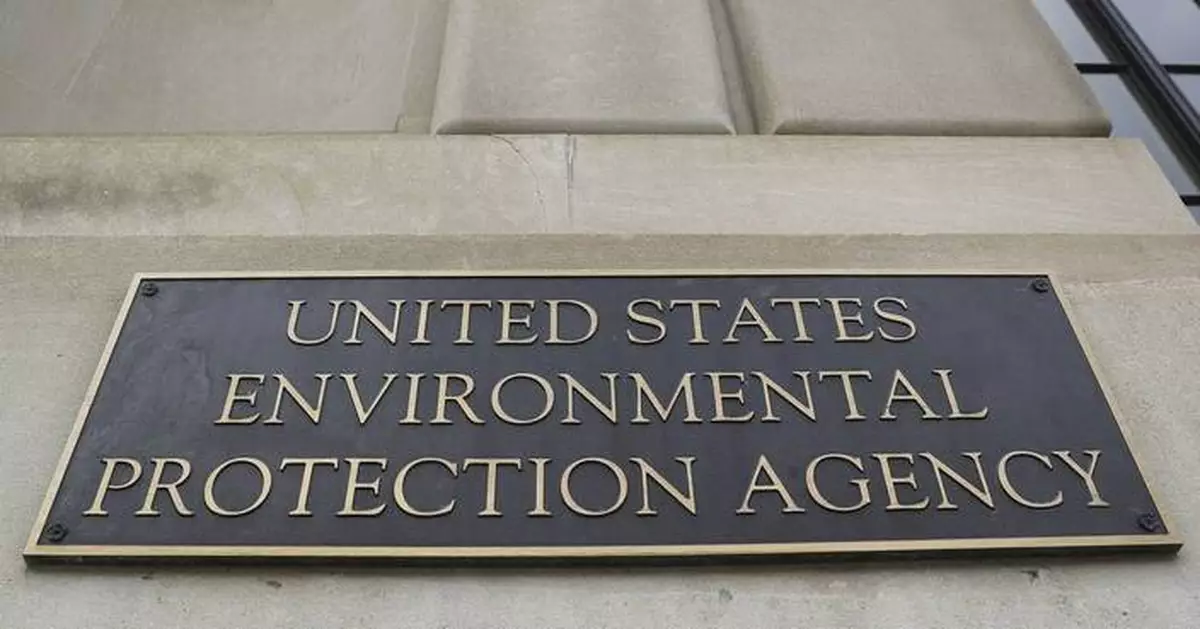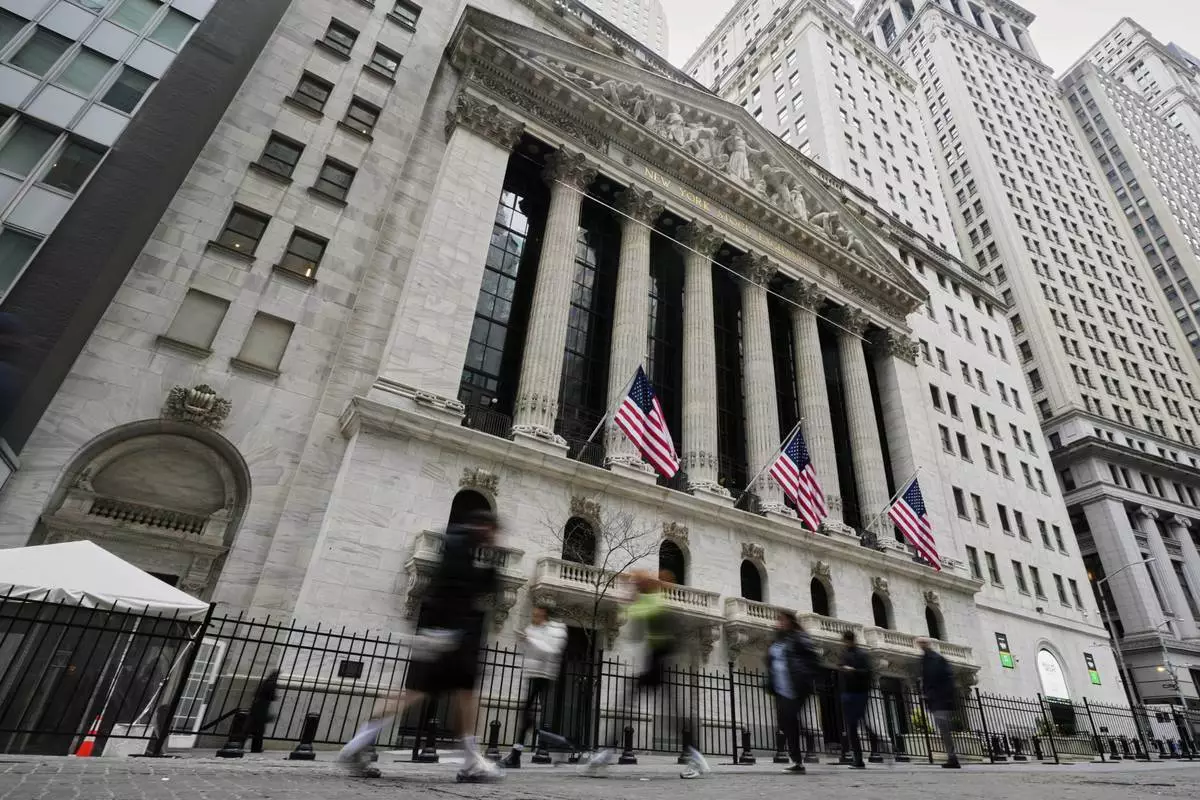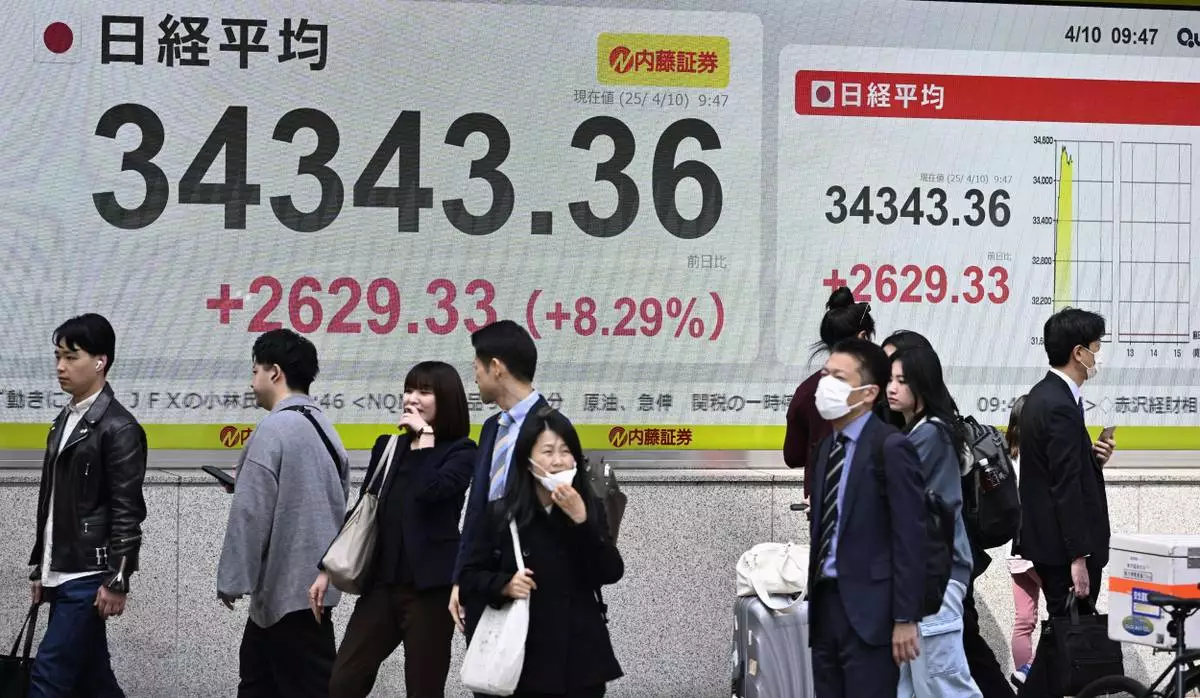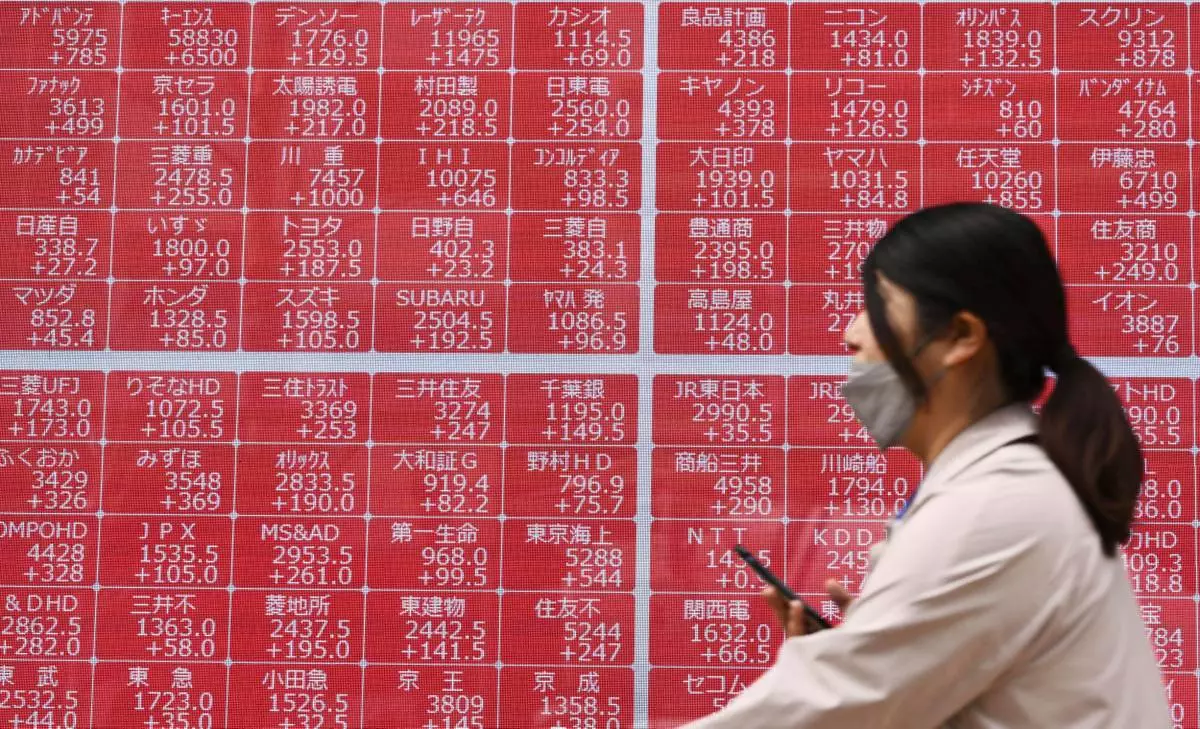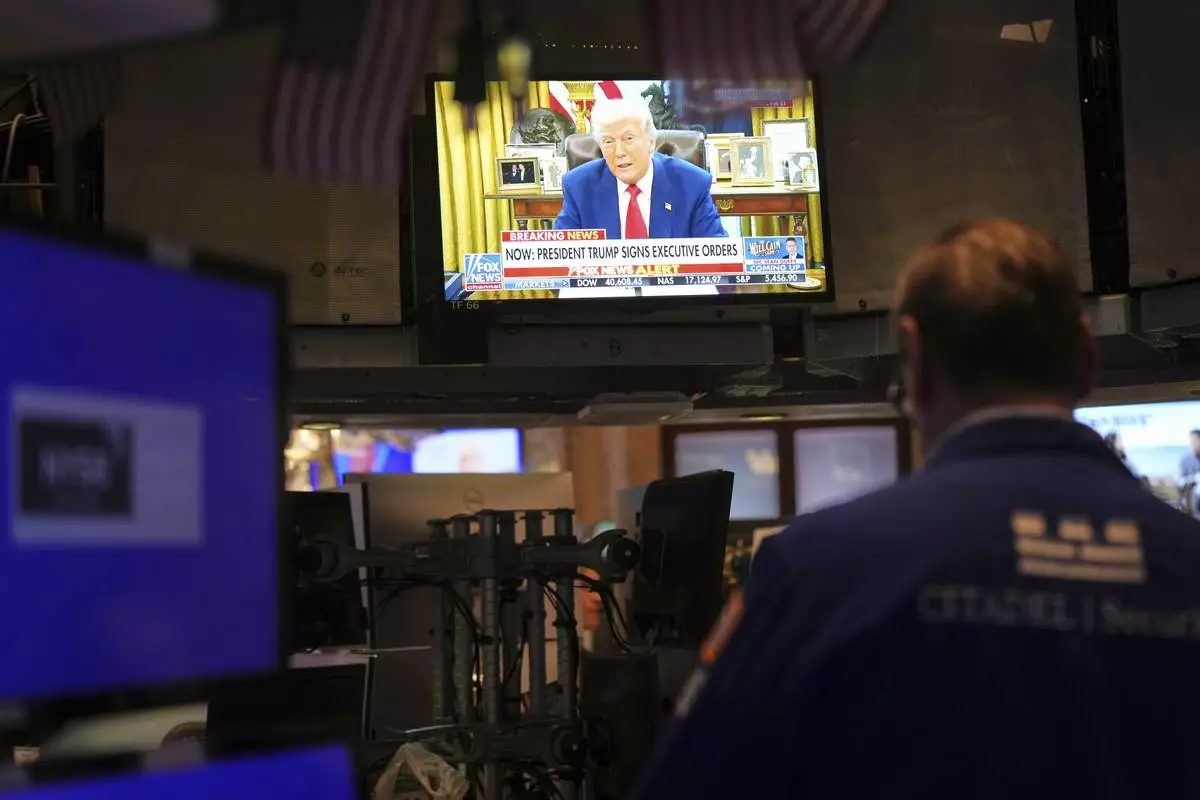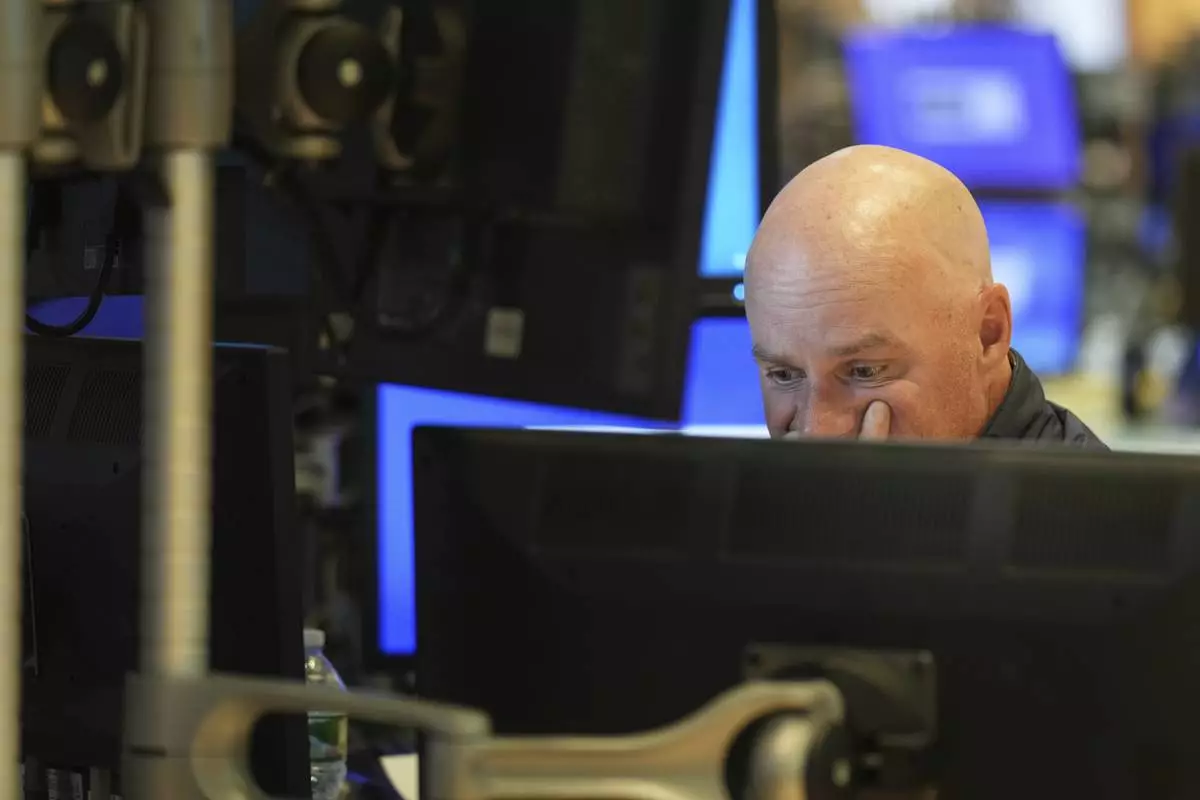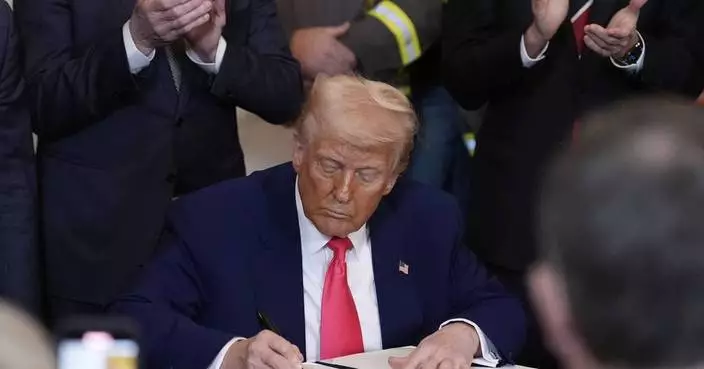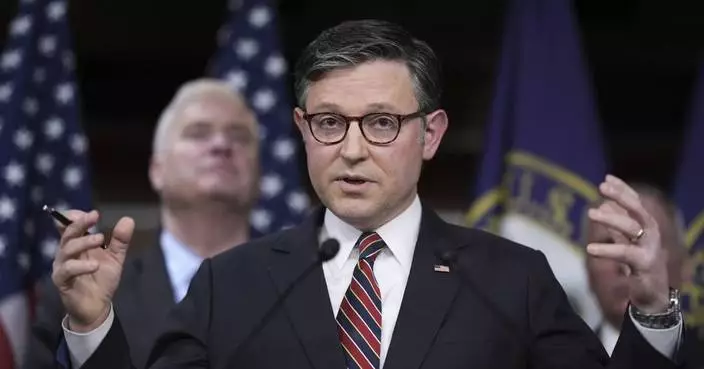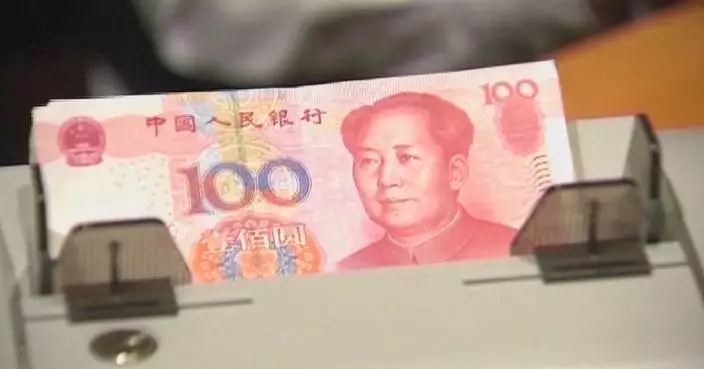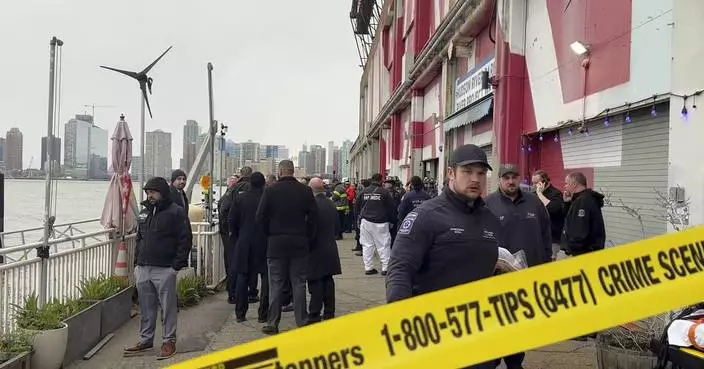A federal judge on Wednesday pressed an attorney for the Environmental Protection Agency about whether the agency broke the law when it swiftly terminated $20 billion worth of grants awarded to nonprofits for a green bank by allegedly bulldozing past proper rules and raising flimsy accusations of waste and fraud.
In a nearly three-hour hearing, U.S. District Judge Tanya Chutkan said the government had provided no substantial new evidence of wrongdoing by the nonprofits and considered technical arguments that could decide whether she is even the right person to hear the case.
Climate United Fund and other groups had sued the EPA, its Administrator Lee Zeldin and Citibank, which held the grant money, saying they had illegally denied the groups access to funds awarded last year to help finance clean energy and climate-friendly projects. They want Chutkan to give them access to those funds again, saying the freeze had paralyzed their work and jeopardized their basic operations.
“What plaintiffs are saying is if you wanted to stop that money from going out, you should have gone through the procedures under the” law, Chutkan said, adding that instead of doing that, the EPA appears to have demanded the bank simply freeze the funds and then quickly terminated the grants.
The Greenhouse Gas Reduction Fund, commonly referred to as a “green bank,” was authorized by the 2022 Inflation Reduction Act. However, its goals run counter to the Trump administration’s opposition to climate-friendly policies and its embrace of fossil fuels. Zeldin quickly made the bank a target, characterizing the grants as a “gold bar” scheme marred by conflicts of interest and potential fraud.
“Twenty billion of your tax dollars were parked at an outside financial institution, in a deliberate effort to limit government oversight — doling out your money through just eight pass-through, politically connected, unqualified and in some cases brand-new” nonprofit institutions, Zeldin said in a previously posted video.
The nonprofits say Zeldin and the EPA led an evidence-free scheme to end the grants, in violation of the law and their contracts, which only allowed termination in limited circumstances like fraud or major performance failures – not ideological opposition.
Chutkan noted that EPA allegedly demanded Citibank stop providing funds that had already been awarded without letting the nonprofits know or responding to their questions.
“Is that lawful?” she asked.
“It certainly is lawful, your honor. I don't know if it is the best course of action or the one that in retrospect that we all wish the agency would have followed,” responded Justice Department lawyer Marc Sacks for the EPA.
The EPA said it does not comment on pending litigation.
In March, Chutkan pressed pause on the EPA's move to terminate the grant program, saying the government’s reasoning for doing so was based on “vague and unsubstantiated assertions of fraud.” But she declined to immediately unfreeze the accounts.
The Trump administration said in a recent filing, however, that it was allowed to terminate the contracts based on oversight concerns and shifting priorities. The nonprofits are trying to make grand constitutional and statutory arguments that simply don’t apply, the government said.
“At bottom, this is just a run-of-the-mill (albeit large) contract dispute,” federal officials said in a court filing.
That argument is important. If the government successfully argues the case is a contract dispute, then they say it should be heard by a different court that can only award a lump sum – not force the government to keep the grants in place. Federal officials argue there is no law or provision in the Constitution that compels EPA to make these grants to these groups.
The nonprofits, which also include the Coalition for Green Capital and Power Forward Communities, argue the EPA was focused on ending the grants quickly, even if their methods violated the law. They said the agency appeared to have pressured a high-ranking prosecutor in the U.S. Attorney’s Washington office to pressure Citibank to freeze the funds. That prosecutor resigned rather than follow through. Then the Trump administration pushed Citibank to freeze the money, which the bank did, according to the nonprofits.
“The purported terminations are the fruit of EPA’s clandestine, weekslong effort to freeze plaintiffs’ money without ever giving plaintiff notice of what was happening or an opportunity to correct it,” according to the nonprofits.
Power Forward Communities is a coalition of nonprofits, and since the termination, two of its members left, United Way Worldwide and Habitat for Humanity International. Power Forward Communities said it “respects and understands the tough decisions."
United Way said the decision to withdraw was difficult, but they realized that the only option they had after the grant termination was to sue the government. Habitat for Humanity also chose not to get involved in the legal fight.
“UWW will not join this suit. As a charitable organization, UWW must carefully focus and steward its financial and technical resources in alignment with its mission and donors’ intent and expectations,” the organization said in a statement.
The Associated Press receives support from the Walton Family Foundation for coverage of water and environmental policy. The AP is solely responsible for all content. For all of AP’s environmental coverage, visit https://apnews.com/hub/climate-and-environment
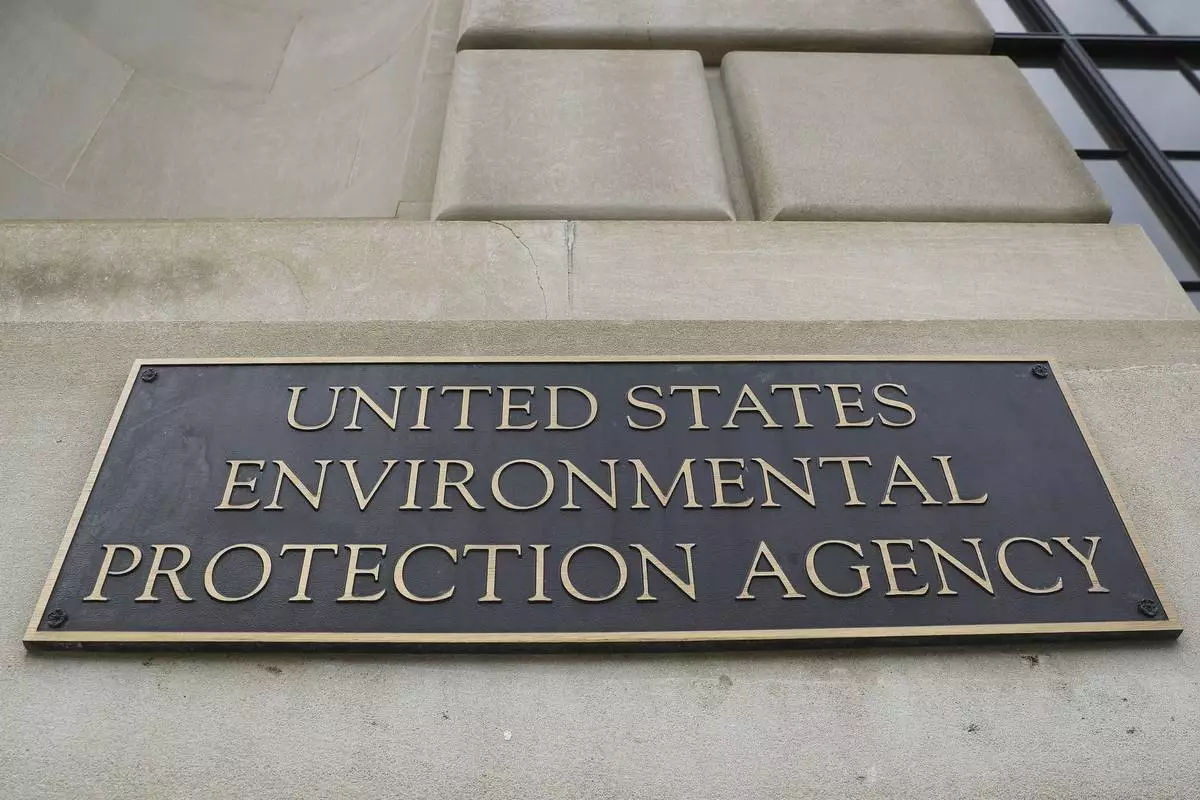
FILE - The Environmental Protection Agency (EPA) building is seen in Washington on Sept. 21, 2017. (AP Photo/Pablo Martinez Monsivais, File)


